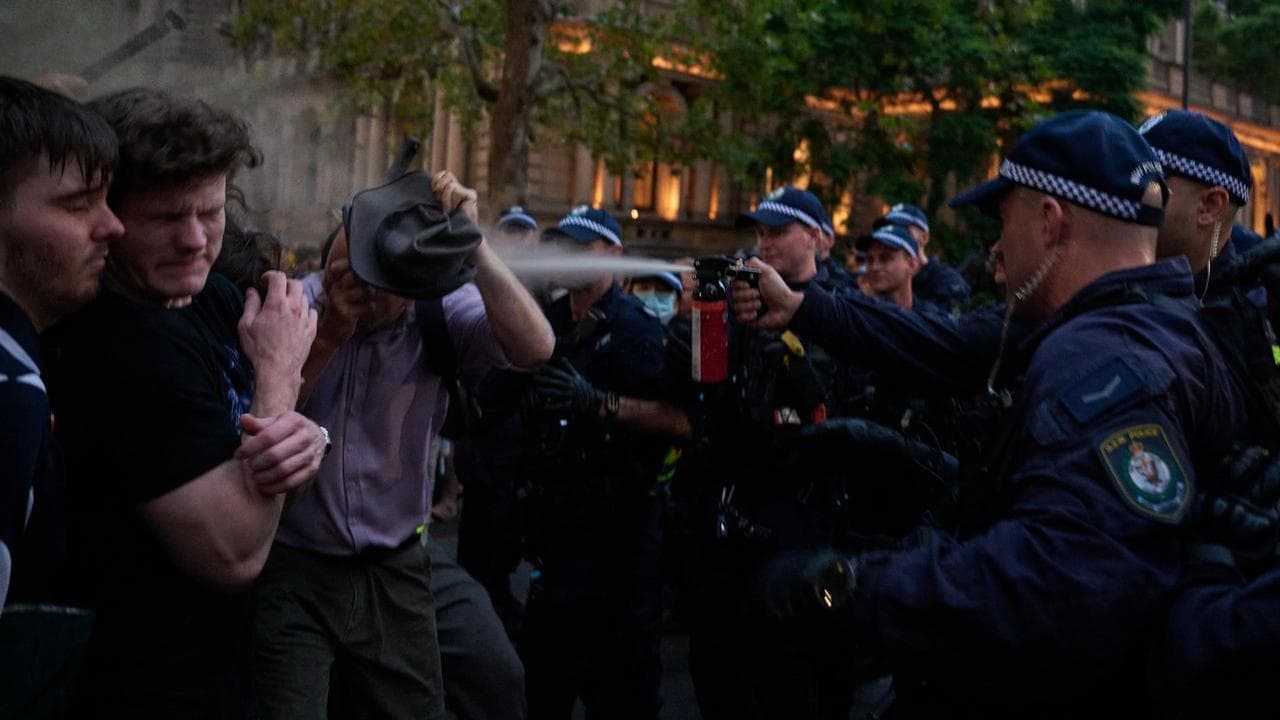WHAT WAS CLAIMED
A study found dandelion tea can kill up to 96 per cent of leukaemia cells in 48 hours.
OUR VERDICT
Misleading. Two lab tests involving dandelion root extract, not tea, and leukaemia did not report those results.
AAP FACTCHECK - A study has not proven that dandelion tea can kill 96 per cent of leukaemia cells in 48 hours, despite claims on social media.
Two lab tests conducted by the researcher named in the claims, involving the exposure of leukaemia cells to dandelion root extract (DRE), not tea, did not document those results.
The figures in the claims appear to match the results of a study on colon cancer cells, not leukaemia, and DRE rather than tea.
Experts say that while the extract appears to have cancer-fighting properties in laboratory settings, human trials have never been conducted.
The claim appeared on Facebook and has been shared by tens of thousands of users touting the flowering plant as a proven cancer cure.

"Amazing. Now we know why monsanto went after the dandelions: 'Just one leaf of this herb, found in every garden, can save your life in a minute, but only some people know how to use it!'" the post caption reads.
"It kills up to 96% of leukemia cells in just 48 hours!"
The post goes on to claim that recent studies have shown dandelion root to be cytotoxic against three types of human leukaemia cells.
"Dandelion tea affects cancer cells by breaking down within 48 hours and stimulating the growth of new healthy cells in the patient's body," it reads.
"The study was conducted by Dr. Hamm with his students."
Experts told AAP FactCheck the claims are misleading and there is no scientific evidence from human trials to prove the efficacy of dandelion products as cancer treatments.
The only "Dr Hamm" AAP FactCheck could find who had published research on leukaemia and dandelion is a female Canadian oncologist, not a male as claimed in the post.
Caroline Hamm co-authored a 2010 paper about a lab test that showed dosing human leukaemia cells with DRE could induce cell death.
However, the test was not a human trial, did not involve tea, and did not report 96 per cent cell death after 48 hours.
Dr Hamm was also involved in a 2012 lab test that indicated dosing human leukaemia cells with DRE repeatedly induced cell death.
That was not a human trial either and it did not report 96 per cent cell death after 48 hours.
When asked about the claim in the Facebook post, Dr Hamm described it as "misleading".
"This was one lab and not reproduced," she told AAP FactCheck.

In relation to dandelion tea, Dr Hamm also wrote a case report in 2011 about a man diagnosed with an aggressive form of leukaemia that did not respond to standard or high-dose chemotherapy.
The 70-year-old was shifted to palliative care and one 21-day course of low-dose chemotherapy, and following that, he reported drinking dandelion tea, the report said.
The patient's blood counts returned to near normal, Dr Hamm wrote, and he remained in good health two years later.
The man was in remission in 2013 and continued to drink dandelion tea, said a second case report written by Dr Hamm.
The Facebook post's claim about killing 96 per cent of cancer cells in 48 hours appears to match the results of a completely different Canadian paper from 2016.
That study involved colon cancer cells rather than leukaemia cells, DRE rather than tea, and was also conducted in a lab, not human patients.
Joanna Harnett, a complementary medicines expert at the University of Sydney, says dandelion root has a long history in traditional medicine, but there's insufficient evidence - such as human clinical trials - to support its use for specific medical conditions such as cancer.

Several preclinical studies in cell cultures or animals have shown that compounds extracted from dandelion roots and leaves have anti-cancer properties, Associate Professor Harnett said, similar to many other plant-derived compounds.
However, she said those findings were early-stage "bench science" and a significant gap existed between preliminary observations and the development of safe and effective cancer treatments for humans.
"I would be concerned if someone interpreted these early findings to mean that consuming dandelion products is a proven or safe treatment for cancer," Dr Harnett told AAP FactCheck.
"That would be a serious misunderstanding of the current evidence."
Nial Wheate, a drug delivery and medicines formulations expert at Macquarie University, says lab tests have shown DRE can stop the growth of and kill several different forms of leukaemia.
However, the results in petri dish-like tests, he added, don't necessarily mimic how the extract would work in a human body.
"It's common to find compounds that can destroy cancer cells under those types of experimental conditions," Professor Wheate told AAP FactCheck, adding that the DRE dose needed to kill the cells was very high.
"To maintain that concentration in a human patient's bloodstream, they'd have to consume more than 25 grams of the extract multiple times per day … maybe hundreds of cups of tea."
AAP FactCheck is an accredited member of the International Fact-Checking Network. To keep up with our latest fact checks, follow us on Facebook, Instagram, Threads, X, BlueSky, TikTok and YouTube.












